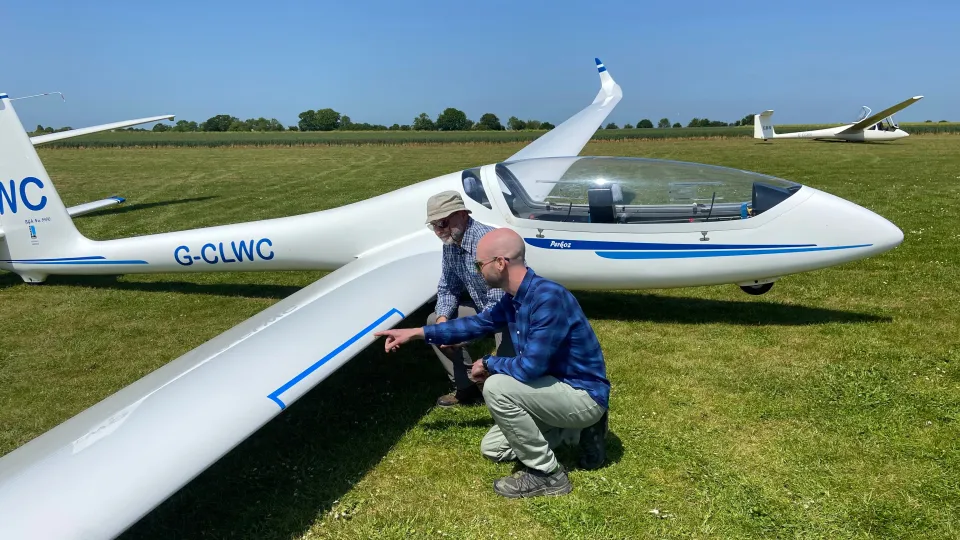
Bugs Matter on a Glider
A unique collaboration between Kent Wildlife Trust and Essex & Suffolk Gliding Club

A unique collaboration between Kent Wildlife Trust and Essex & Suffolk Gliding Club
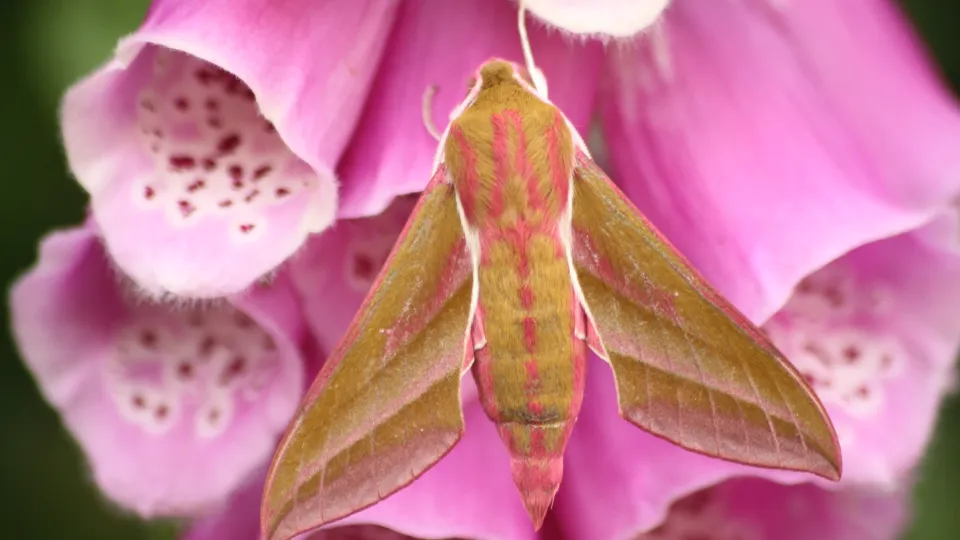
Since June, thousands of dedicated citizen scientists have contributed their time and effort to Bugs Matter – a national citizen science survey from Kent Wildlife Trust and Buglife which uses insect splats on number plates as an indicator of insect abundance to better understand how our invertebrate populations are faring.

Conservation charities Kent Wildlife Trust and Buglife have launched the Bugs Matter 2023 Survey, introducing a new virtual ‘splatometer’ to measure insect splats on number plates as a measure of insect abundance. This ground-breaking initiative aims to measure the alarming decline in insect numbers repeatedly reported across the UK and the globe.
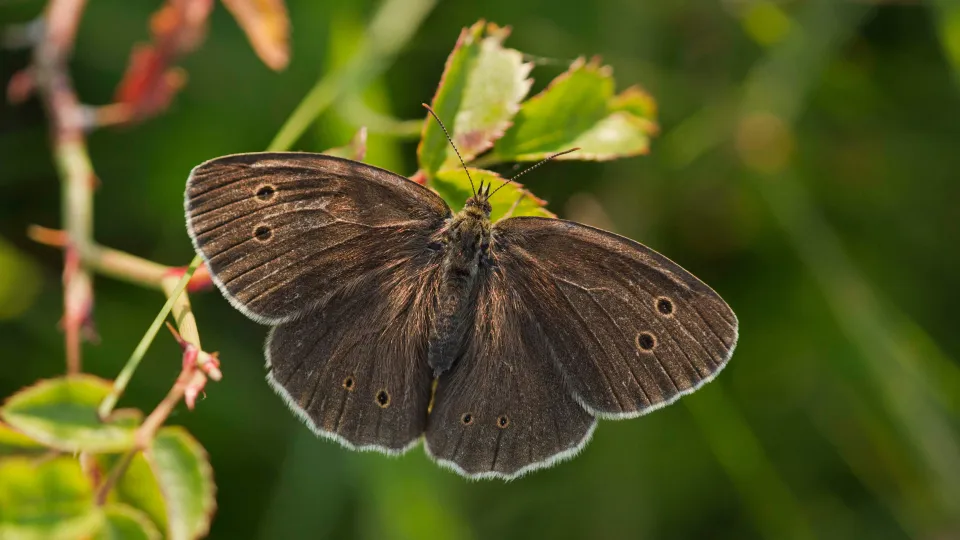
Conservationists have described the outlook in Kent as "alarming", with the county's reduction in insect numbers higher than the national average.

The Bugs Matter Citizen Science Survey, led by conservation charities Kent Wildlife Trust and Buglife, found a 64% decline in insect numbers sampled on vehicle number plates between 2004 and 2022 across the UK, highlighting the urgent need for more, large-scale research on insects, and action to reverse declines in their abundance.

The end of the school summer holidays saw the conclusion of this year’s national insect survey, Bugs Matter, on 31 August. Led by conservation charities Kent Wildlife Trust and Buglife, the annual call to collaborate with citizen scientists across the UK generates crucial data regarding how national insect numbers are faring. Bugs Matter, based on the “windscreen phenomenon”, is one of the UK’s few long-term citizen science surveys of flying insect abundance, generating important data.

Since June, citizen scientists across the UK have been taking part in Bugs Matter, the annual insect survey led by Kent Wildlife Trust and Buglife. With ten days left to go until data analysts can begin dissecting this year’s data to understand insect population trends, South East and East England are leading in the number of surveys completed, while North East England and London trail behind.

1st June saw the much-anticipated launch of Bugs Matter 2022, the annual national insect survey led by Kent Wildlife Trust and Buglife. So far in 2022, citizen scientists have recorded over 3000 journeys across the UK! The data collected provides vital information on the health of our insect populations, and our environment as a whole. The survey continues until the end of August – so there is still time to download the Bugs Matter app and get involved.
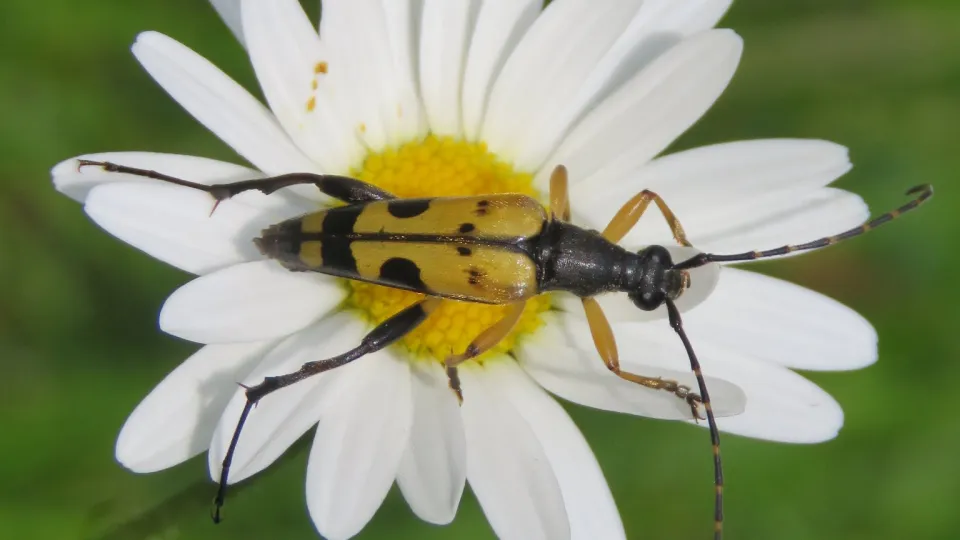
Wildlife charities are asking people in Kent to count the number of insects splattered on their number plate to help experts fully understand local insect populations.
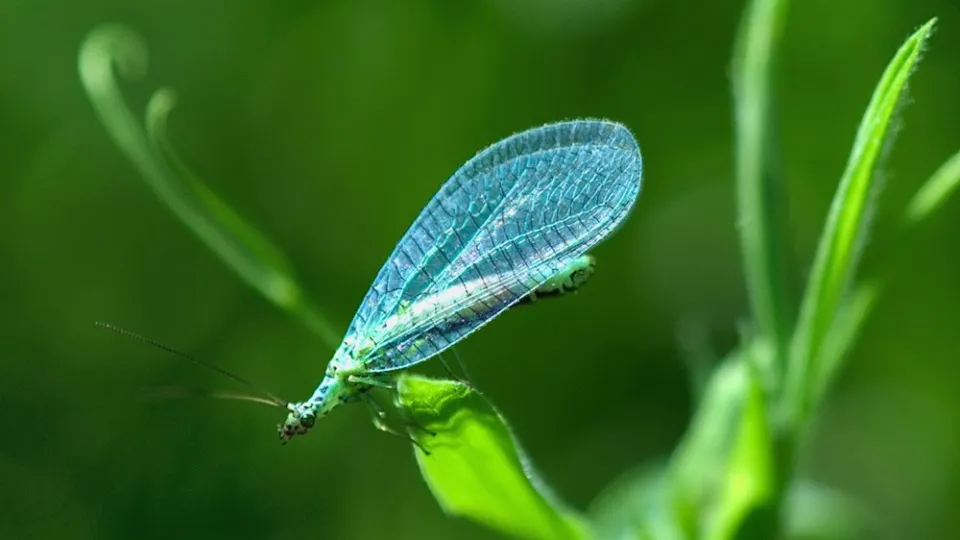
A citizen-science survey, led by Kent Wildlife Trust and Buglife, has found that the abundance of flying insects in Kent has plummeted by over 70% over the last 17 years; highlighting a worrying trend and the crucial need for insect-focussed conservation research, nationwide.